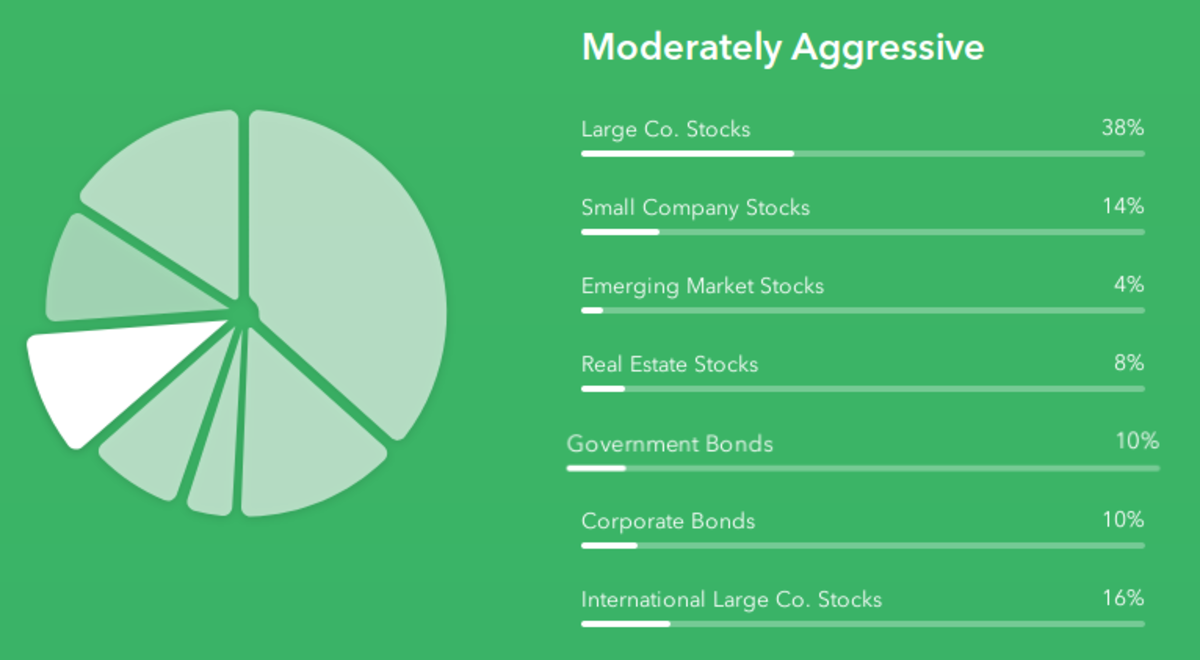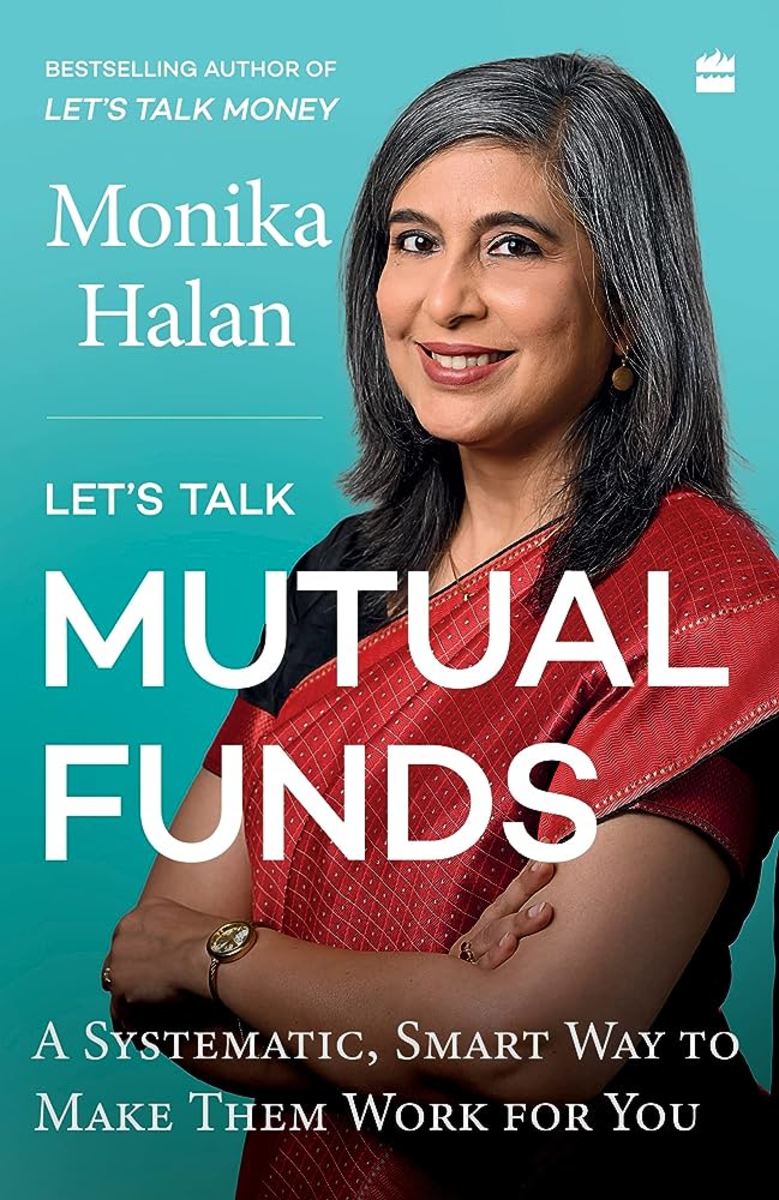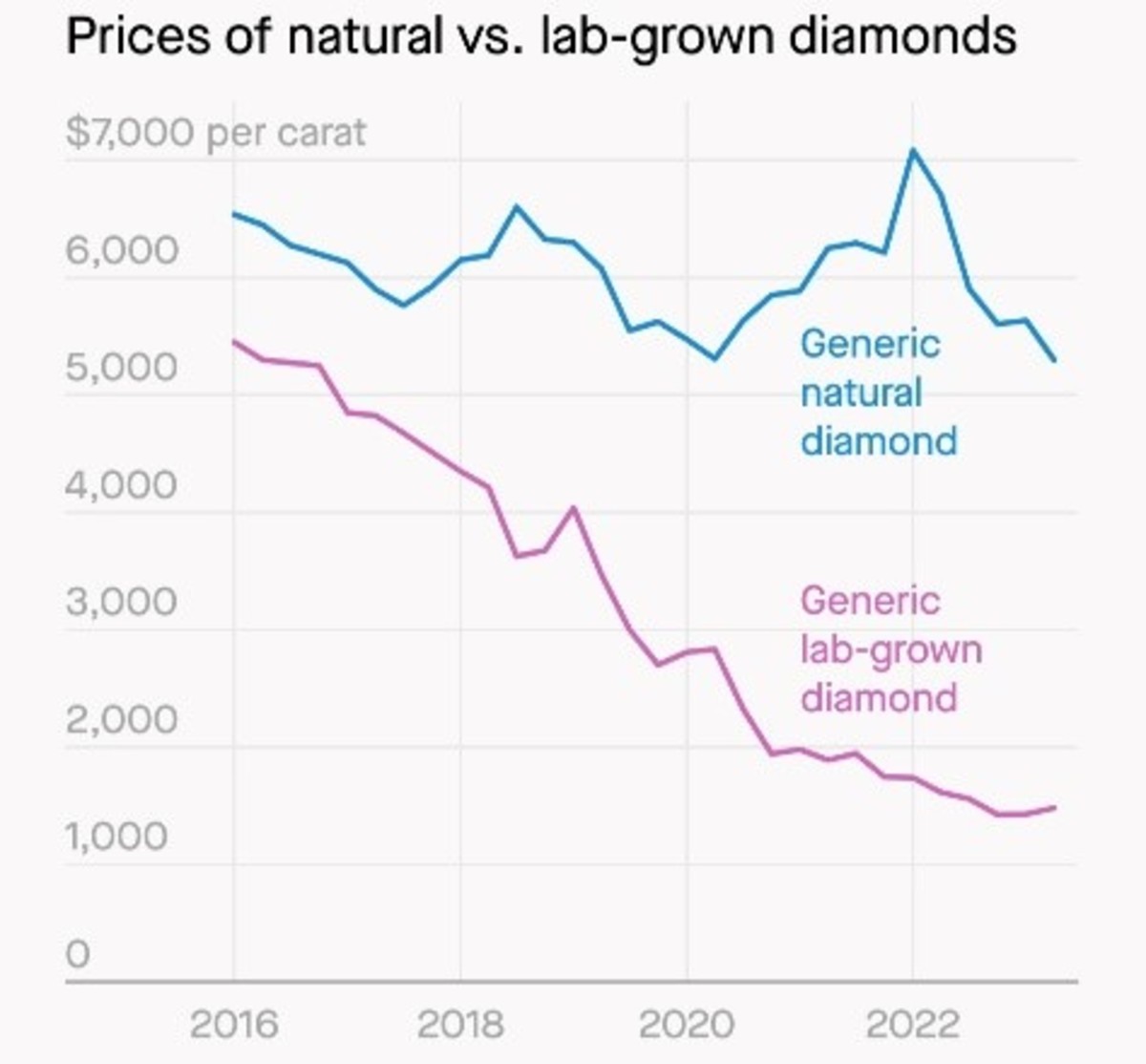Let Your Money Work for You.
The Math Shows it All
I'm all about investing. That's my game. I've done mutual funds and stock trading. I've known people that do penny stocks and others that use options and puts and stuff that's way above my head. "Let your money work for you", my roommate once said, though I think he was quoting someone else. Regardless, letting your money work for you is far easier and faster than working for your money.
Consider the equation below. C=Ae^kt. This is gibberish, eh? Let me translate. C is the final amount of money you will have after time t. A is how much money you started with. e is Euler's number - the grease in the equation that makes it work. k is the rate of increase over the time of investment - suppose it's constant to make things easier. So the final amount of money is equal to your initial investment times e raised to the exponents of rate and time. The math shows it all.
Now this equation is great for an initial-investment return calculation. Now imagine if you invested a little bit more every month - that would be a summation of initial investments.
Consider my situation. I get paid X amount of money. After taxes, rent, food, gas, utilities and all the other essentials, I have about 800 dollars extra per month. Not a lot, but enough. Now in the months of March and April I did exceptionally well in my investments. Tomorrow I expect my Apple stock to sell at 190 dollars per share, where I bought them at 123 dollars per share in February. That is a fifty percent increase in three months. I have other investments that are more short-term that I bought at the end of March that have increased thirty percent. For a little while I was making more than twenty percent increase per month on my investments. Can I sustain that? Potentially. Do I think I will? I know I'm not sustaining it right now. I'm down to 18 percent per month right now.
So if I started with just 800 dollars and made 20 percent increase per month, I would literally make myself a millionaire in just three and a half years. If I added my extra 800 dollars from my wages to this every month, I would have 65 million dollars in four years. The more you put in, the more out you get.
Now I can't expect to make twenty percent per month. I can reasonably hope for five percent per month. If I add my $800 every month to five percent, I will have 165,000 in four years. It would take me just seven years to make myself a millionaire. Seven years, seven figures. If I didn't invest and just saved that money I would have 67,000 dollars. Which do you think I'm looking forward to on my 30th birthday?
You might think that you can't afford to invest right now. If you can just get your head above water for a little bit and spend that breath wisely, it will pay off huge in the long run. Trust me.
God, I hope I can sustain 20 percent. By the time I'm 30 I'll be worth 87 billion dollars. One can always hope, right?
A realistic goal will just be to make myself a millionaire by the time I'm 30. I know I can do it if I stay disciplined at it. That just means I'll have to be tight with my money for seven years. But hey, I've been tighter for longer.
Investing in a Nutshell
It was easier than I thought it would be. At first, it was just mutual funds. I didn't know what I was doing and I had seen investment posters at my bank. So I asked the teller how to invest. They didn't have a clue, but told me who did: my bank financial adviser. It was a small branch so they didn't have an adviser there, but told me when and where I could meet the guy when he came to town from Salt Lake City.
I filled out a bunch of paperwork that was all greek to me. I'll explain a little of it in a bit, but I'm not a financial adviser myself and shouldn't explain more than I know. Anyway, he explained that on my command, money could be withdrawn from my checking account and placed in a particular mutual fund. It would probably go up, but had the risk of going down.
I said okay and dumped 2000 dollars in for nine months and made 300 dollars. If you convert that to percent and adjust it to annual, that's 20% per year. It was mostly luck and good advice that led to this as I had no clue what the hell half the terms that man said to me actually meant. Dividend and Interest meant the same to me back then. Anyway, at that rate I discovered that my money would double every three and a half years and that if I dumped 5 grand a year into mutual funds at that rate I could easily make myself a millionaire in a reasonable lifetime.
I eventually sold my mutual funds because I flat out needed the money. Shit happens. I performed this by just calling up that financial adviser again and said, "yo! Financial adviser! This is Vader and I want my money!" and I gave him my account information and asked him to make it happen. It takes three days for the funds to settle and the amount I asked for landed right back in my checking account.
Now I've moved on to more complicated things. Stocks are similar to mutual funds in how they are bought and sold, but different in the magnitude in which they move. Mutual funds are a portfolio of companies that you invest in. Mid Cap mutual fund would be fifteen or twenty companies that your money would be divided up into. They'd all be companies that are middle-sized companies, usually less than a billion dollars. An advantage of a mutual fund is that the companies in the mutual fund have been studied by analysts to see if they'd be good candidates. If bankers are running away from a particular company, it might be a bad sign. If bankers want to include a company in their mutual fund, that's a good sign.
So you can use your bank to handle your investments. There are other firms that specialize in investments. Opening an account with anyone is going to be complicated, so you've got to pay a lot of attention when you open an account. It's been fifteen months since I opened my account and I can't remember most of the documents I looked at.
The more tools you have and the simpler they are to use, the better off you are. Still, don't be lazy and just pick the easiest tool. Now an example of what I mean by tool is that the broker has done research to help you make an informed decision. They have calculated moving averages, stochastics, bands... indicators, expert opinions, comparisons, financial histories and anything else you can use to help you make your decision. You must not ignore these tools.
Now the best advice I've heard in investing is that you should follow your own advice foremost. Everyone else is telling you where they're making money and usually they are just getting lucky. By the time you hop on the bandwagon, it's too late and you start losing money.
Now you can still learn from other people's mistakes. And there are ways you can make mistakes yourself without beating the hell out of yourself. The one tip that I was told that I didn't do and wish to god I had done is to pretend to invest for a few months before I started actually doing it. Let me explain: You act like you've got 10,000 dollars to invest any way you want. You do your research and get the feel for how the market is moving and then you decide on a price to buy a certain stock at. You pretend to make a transaction and watch your pretend investment move with the real market. In a month, see if your pretend investment has grown or shrunk. If it has grown, do not consider yourself an expert as you may have just gotten lucky. Keep at it for a while and see if you can sustain growth.
Everyone will tell you this: buy low and sell high. That is investing in a nutshell. Some people will say this in different terms like "buy when everyone is panicking" or "buy when others are selling". "Sell when the excitement leaves." From my home I cannot tell most of the time if a drop in price is due to a panic or just from a gentle roller-coaster movement. I keep an ear tuned in to the market at all times, but there is way too much information to keep track of.
Some good advice all around is to look into a company and become intimate with its ways before investing. Apple is making profits, its shares are undervalued, it is carving its place in the world market and in the average person's life. Must be a great time to buy some apple. You can say apple is a pretty safe company to invest in.
Half of investing is figuring out when a stock will go up. The other half is figuring out when a stock will go down. In the long run, the average stocks will rise. There will be exceptionally bad stocks that you might be unlucky enough to get stuck in. There are trends that you will grasp that might be wolves in sheeps clothing. Someone once told me "that which goes down will come back up" and he was sort of right. But I had this trend stuck in my head, so I looked for the biggest losers and invested in them. What I didn't realize is that a lot of the biggest losers are losers for a reason that doesn't go away overnight. I invested in New Century in March 07 when their shares had plummeted from 80 to 3 dollars in just three months. I figured that was a pretty big loss and now it must rebound... wrong! I had to cut my losses at 1 dollar per share and I'm glad I did. I flushed 700 dollars down the drain on that one. Point is, practice investing with pretend money before you actually invest - I would have avoided New Century if I'd practiced first. So in a way the experts are wromg when they say to invest when everyone else is panicking - I say invest when everyone else is done panicking.








